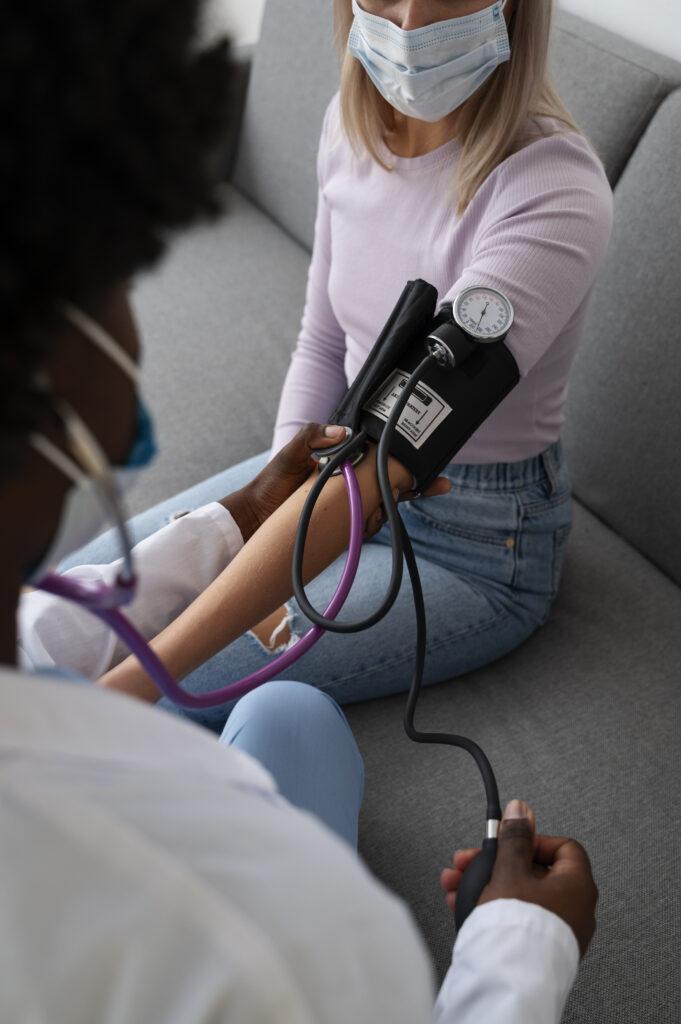A blood test can reliably show if someone with no known risk factors might still develop preeclampsia, a serious and potentially life threatening pregnancy difficulties
preeclampsia can cause pregnancy difficulties could also lead to death, but it’s not easy to find early in gestation. this new blood test can find preeclampsia risk well before signs show up
“we can slow it down to about 1 of 4 pregnancies that are really at risk, and that’s a big step” says Maneesh Jain at Mirvie, a California based health start-up

this easy, non invasive blood test looks at RNA to predict whether someone might develop a pregnancy -related high blood pressure condition. specifically, the test is more focused on definite genes, plus PAPPA2 and CD163, the overexpression of which has recently been connected to HDPs. The researchers aimed to determine whether this overexpression
in a massive study of 9,000 pregnant women, jain and his team found something game-changing. Their test nailed it with over 99 accuracy at spotting who’d overexpress those risky genes linked to preeclampsia and other hypertensive disorders, even in women with no prior warning signs. And get this; about 1 of 4 of those ‘low-risk’ participants actually had the gene overexpression.
some groups like folks with chronic hypertension or a family background of preeclampsia are already on doctors’ radars for having a sightly elevated risk, notes Morten Rasmussen from Mirvie. but here’s the scary part: for tons of women, it hits like a bolt from the blue
The good news? if you do find out you’re high-risk, you’re not powerless. Simple steps like popping low dose aspirin, eating more heart-healthy Mediterranean style meals, or keeping a close eye on blood pressure can seriously lower the danger.
The catch< This new test only works for women who are about 4 to 5 months along in their pregnancy. and here’s the problem ‘aspirin treatment really needs to begin before weeks 16 to be most effective, explain Kathryn gray from the University of Washington, By the time most women get these test results, that window has already closed
Mirvie’s planning to roll out this blood test soon. Once it hits the market, researchers hope it’ll help develop new medications that specifically target problem genes like PAPPA2. As Rasmussen puts it, “when we can pinpoint the exact molecular issue, treatments have a much better shot at actually working.”
Gray has another idea too – she wants scientists to dig deeper into Mirvie’s collection of RNA data. If we can identify exactly which genes raise risks for different women, she say, “we might simplify the testing process and bring cost down enough to help more people.”

